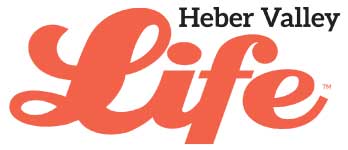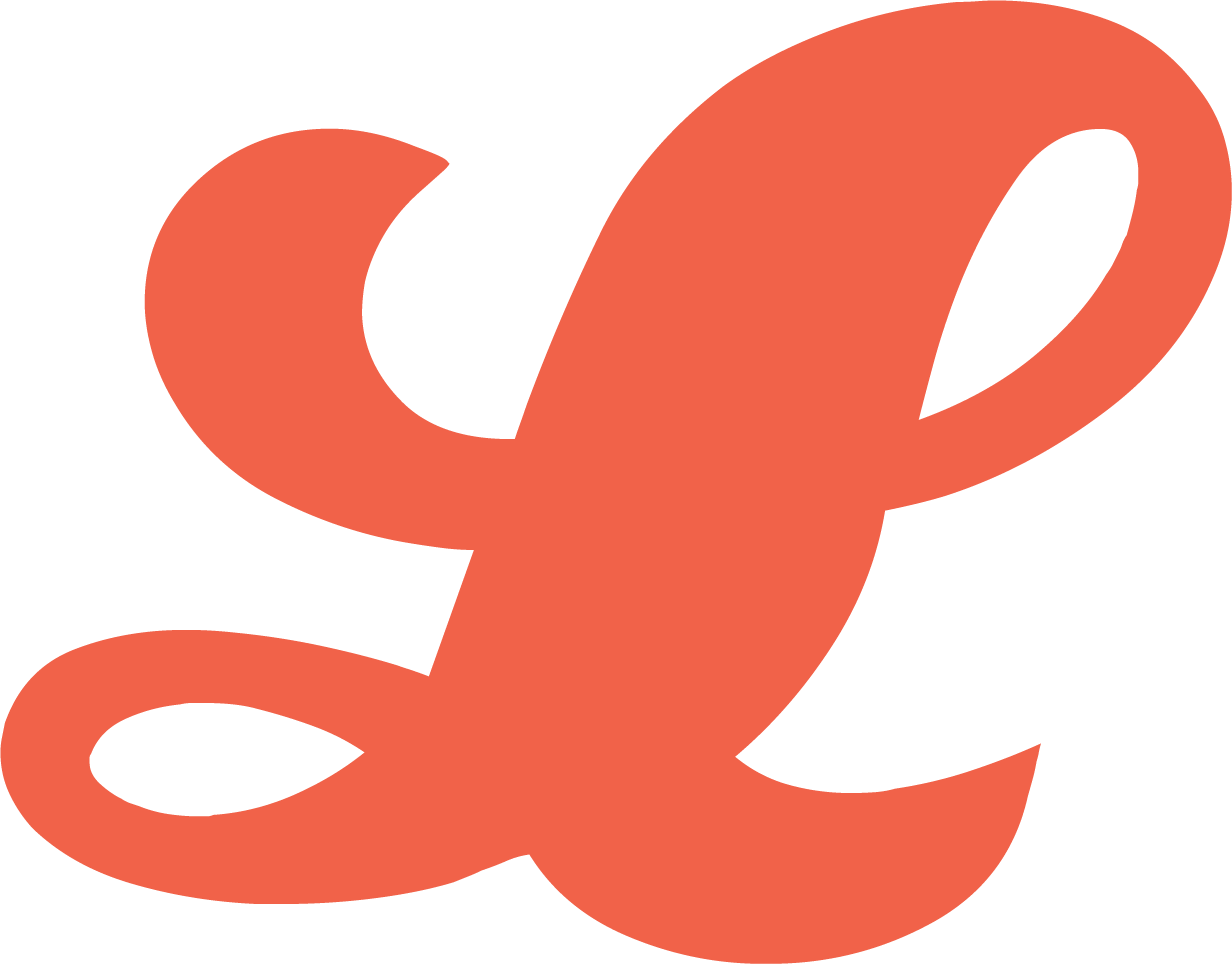“The spirit of Hanukkah, the Festival of Lights, is shared by all people who love freedom.” – Norma Simon, Author
Freedom we all know is not free. And though the cost of freedom is always high, one cannot afford to surrender or submit. Across all cultures and as far back as oral recollections and written records go, there have always been tales and historical writings of those who would remove the freedoms of others and of those who would rise up and fight for their people’s independence.
As a nation, we celebrate our independence every year on the Fourth of July with traditions such as fireworks, barbeques, parades, and gatherings across the country. However, as individuals, families, and sects, we all celebrate our various heritages, cultures, and ancestral independence in numerous ways throughout the year.
One such celebration takes place every year in November or December (depending on the cyclical nature of the Jewish calendar). Hanukkah, also known as the Feast of Dedication or Festival of Lights, is a celebration commemorating the ‘Miracle of the Oil’ that took place during the rededication of the Second Temple. The holiday is also a time to reflect on the Jewish revolution against the assimilation and suppression of their religious freedoms during the reign of Antiochus IV. Although widely thought of as the “Jewish Christmas” due to the proximity of dates, that idea couldn’t be further from the truth – Hanukkah has been observed and celebrated since around 164 BCE, more than 150 years before Jesus of Nazareth was born.
The Story of Hanukkah
Before we begin, let’s clear up some of the confusion regarding the spelling of Hanukkah, or is it Chanukah? According to the Encyclopedia Britannica, “The answer is that both are considered correct, though Hanukkah is the most widely used spelling, while Chanukah is more traditional. In addition, more than 20 other variations are recorded.” I love ‘traditional’ so, as we revisit history, I’ll use the old world spelling for a bit.
The story of Chanukah begins in 332 BCE during the reign of Alexander the Great. Although Alexander had conquered Persia, Syria, Egypt, and Palestine, he allowed the lands under his control to continue observing their own religions and retain a certain degree of autonomy. However, more than a century after the rule of Alexander the Great, a Syrian King, Antiochus IV Epiphanes of the Seleucid dynasty, came into power. And everything changed. Under the tyranny of Antiochus, the Jewish people were persecuted, oppressed, and thousands were massacred.
There were many changes and severe restrictions placed upon the Jews; and their culture, beliefs, and religious practices. Antiochus appointed a Hellenistic “High Priest” to their Temple and had a statue of Apollo erected inside. The Jews Torah scrolls were confiscated and burned, and the study of Torah (scriptures) was outlawed. Antiochus made it mandatory for the Jewish people to eat pork (a non-Kosher food/animal); the refusal to do so was punishable by death. Circumcision was illegal and also punishable by death. The observance of Shabbat was illegal, and the worship of Greek Gods was legally forced upon them. To further desecrate the Temple, Antioch required an altar sacrifice of swine. The sacrificing of pigs on the altar began on Kislev (the ninth month of the Jewish calendar) in honor of Apollo’s birthday — December 25th.
Revolution, Rededication, and Rejoicing
There are various historical accounts regarding the events that incited what is known as the Maccabee1 uprising; however, most historians agree that there were two groups who opposed Antiochus: a nationalistic group led by the Hasmonean family of the High Priest Mattathias and his five sons, including the eldest, Judah Maccabee, and a religious traditionalist group known as the Chasidim (forerunners of the Pharisees and no direct connection to the modern movement knows as Chasidism). The two joined forces and waged a victorious three-year war against both the assimilation of the Hellenistic Jews and the oppression by the Seleucid Greek government.
Following the death of his father, Mattathias, in 166 BCE, Judah took the helm. And within two years, these Jewish warriors took control, founded the Hasmonean dynasty, reasserted the Jewish religion, expanded the boundaries of Judea, and reduced the influence of Hellenism and Hellenistic Judaism. According to History.com, in preparation for the rededication of the Temple, “Judah called on his followers to cleanse the Second Temple, rebuild its altar and light its menorah — the gold candelabrum whose seven branches represented knowledge and creation, and were meant to be kept burning every night.” The rededication took place on the 25th of Kislev (December) in 165 BCE. In his book titled The Feasts Unlocked, A Practical Understanding of God’s Holy Days, Allan R. Aguirre explains that, “. . .after defeating Antiochus IV and driving his forces out from the Temple, very little of the prescribed oil to light and keep the Temple menorah lit was left or undefiled by the Syrian-Greeks. The “Miracle of Lights” is that this one-day supply of oil lasted and burned for the entire eight-day period needed to prepare [the consecrated oil].” This miraculous event inspired Judah to proclaim a yearly eight-day festival memorializing the rededication of the Temple and the restoration of Torah observances. It is believed that one year later the first Chanukah was celebrated.
Several sources, including history.com and Allan R. Aguirre, state that there could be a possibility that the ‘first Chanukah’ may have been a belated celebration of Sukkot, which the Jews had not had the chance to observe during the revolt. Sukkot is one of the most important Jewish holidays and consists of seven days of feasting, prayer, and festivities. Aguirre mentions the book Antiquities of the Jews where Josephus gives an account of the festival, “. . . they [the Jewish people] were so very glad at the revival of their customs, when, after a long time of intermission, they unexpectedly had regained the freedom of their worship, that they made it a law for their posterity, that they should keep a festival, on account of the restoration of their temple worship, for eight days. And from that time to this, we celebrate this festival, and call it Lights.”
Chanukah or Hanukkah Today
Today, Hanukkah is still celebrated worldwide with the traditional lighting of the candles in the menorah (the only religious observance related to the holiday) and the gathering of friends and family for stories, songs, food, and games. It is traditional to eat fried foods on Hanukkah in memory of the significance of oil to the holiday. One of the more popular foods is latkes, which date back to at least the middle ages. Originally latkes were made of cheese fried in oil; until the 19th century when the potato arrived in eastern Europe. Today, latkes are synonymous with fried potato pancakes. There are about as many variations of latkes as there are spellings of Hanukkah. Sufganiyot’s, Jelly-filled doughnuts, are also a traditional fried food served during Hanukkah.
Gift-giving is not a tradition of Hanukkah; although, with the commercialization of all holidays, some families will exchange gifts among immediate family members. According to the website Judaism 101, “It is extremely unusual for Jews to give Chanukkah gifts to anyone other than their own young children. The traditional gift of the holiday is “gelt” small amounts of money.”
Another tradition of Hanukkah is playing dreidel. Dreidel is a game of chance developed during the time of Antiochus. Those who wanted to study Torah, which was illegal, would conceal their activity by playing a gambling game with a top — a common and legal activity — whenever an official of Antiochus’ was nearby. Aguirre explains, “The dreidel was marked with four Hebrew letters: Nun, Gimel, Hei, and Shin. These letters stand for the Hebrew phrase nes gadol hayah sham “a great miracle happened there” [in modern Israel, the letters were changed to reflect the translation “a great miracle happened here”] referring to the miracle of the oil. The letters also stand for the Yiddish words Nit (nothing), Gantz (all), Halb (half), and Shtell (put), which are the rules to the game.”
No festival, celebration, or holiday is complete without music, and Hanukkah is no exception. Many traditional songs celebrating Hanukkah date back centuries and are sung in Hebrew, though there have been attempts to translate the songs into other languages such as Yiddish and English.
This year, Hanukkah will begin at sunset on the 28th of November 2021 and end at nightfall on the 6th of December 2021 (Jewish Year 5782).
The author, Anita Diamant, shared, “This is the season when people of all faiths and cultures are pushing back against the planetary darkness. We string bulbs, ignite bonfires, and light candles. And we sing.” Whatever holiday(s) we observe during the winter months; I challenge all of us to celebrate with kindness, inclusivity, respect, care, and genuine love for our neighbors, and an appreciation for those who protect and fight for the freedoms of all.
Perhaps the Rabbi Jonathan Sacks, Chief Rabbi of the United Hebrew Congregations of the Commonwealth, expressed what should be at the very heart of every society when he declared, “Hanukkah is about the freedom to be true to what we believe without denying the freedom of those who believe otherwise.”
![]() The Menorah and Hanukkiah
The Menorah and Hanukkiah
A menorah, which has only seven candleholders, was the lamp used in the ancient Holy Temple in Jerusalem — now a symbol of Judaism and an emblem of Israel. A Hanukkiah, however, has nine candlesticks — one for each night of Hanukkah and an extra one (the shammash or servant) to light the others. During each night of Hanukkah, a blessing is offered while the candles are lit; candles are inserted from right to left but are lit from left to right.
1 The name Maccabee is often used as a synonym for the entire Hasmonean dynasty, but the Maccabees proper were Judas Maccabeus and his four brothers.


 The Menorah and Hanukkiah
The Menorah and Hanukkiah



